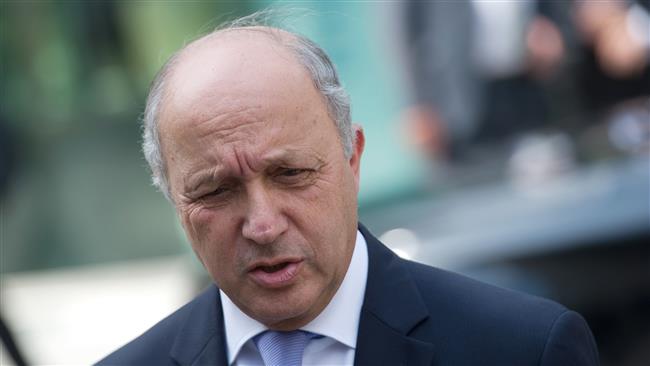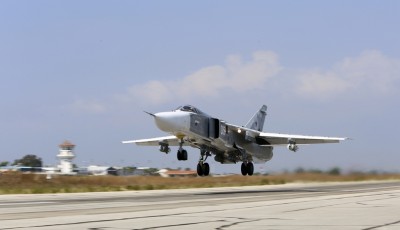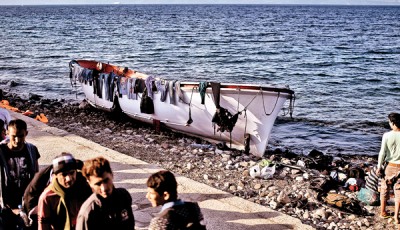Iran president invited to Paris in November: Fabius
In an interview with IRIB on the eve of his planned visit to Tehran on Tuesday, Fabius said France made lots of efforts for Iran and the six countries to conclude the nuclear talks in Vienna on July 14, claiming the achievement was reached through a “constructive strictness” in the talks.
If taken up, the trip would be the Iranian president’s first to France since he won an election in 2013 that heralded the push to clinch a nuclear deal to resolve a more than decade-long crisis.
Besides Rouhani, Fabius was due to meet his Iranian counterpart Mohammad Javad Zarif, Industry Minister Mohammad Reza Nematzadeh, and Masoumeh Ebtekar, head of the Environmental Protection Agency, IRNA said.
Fabius also said that agriculture, carmaking and the environment would be a particular focus of a high-ranking French economic and business delegation due to visit Iran in September.
Beyond the nuclear issue, Fabius’s trip to Iran has come under fire in recent days with conservative media outlets highlighting his connection to a tainted blood scandal dating from the 1980s when he was French prime minister.
“I am carrying a letter of invitation from Francois Hollande, the president of my country, to Hassan Rouhani, president of Iran, to visit France in November”, Fabius was quoted as saying by ISNA.
At that time the French National Blood Transfusion Centre exported blood products contaminated with the AIDS virus which led to the deaths of hundreds of Iranians.
As France’s chief diplomat in the nuclear negotiations, Fabius gained a reputation for taking a hawkish public stance on what Iran must do under an agreement to end the dispute over its nuclear programme.
He said he would discuss political issues as well as business opportunities during the visit, and has previously said he expects to have talks “on all subjects”.
However, Zarif said that the meeting with Fabius had gone well.
“There are a number of points on which we have differences”, Fabius said, alluding to regional conflicts in Syria and Yemen and also on Iran’s refusal to acknowledge Israel.












